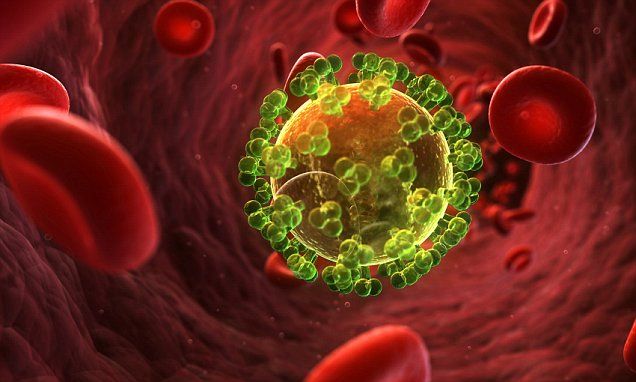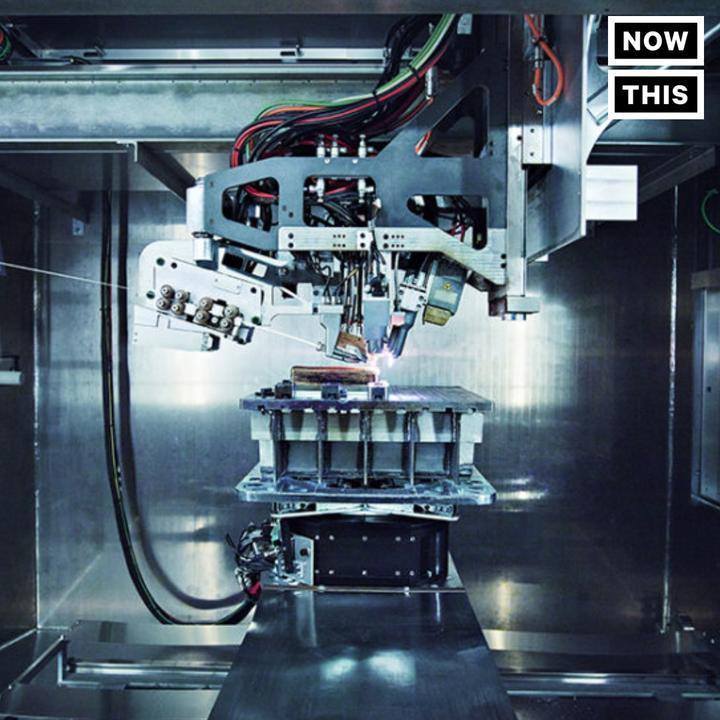NASA awarded $125,000 to a mining company to develop technology to extract minerals embedded in asteroids.
NASA will pay Deep Space Industries (DSI) for technology to return mined minerals from asteroids to Earth’s orbit. DSI is developing a way to use aerobraking to bring minerals back to Earth.
DSI said the grant will support the company’s research into creating aerobrakes out of materials found on near-Earth asteroids.







